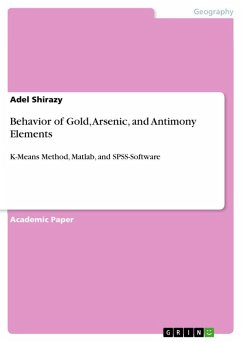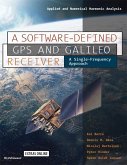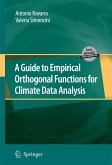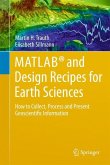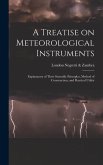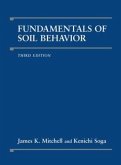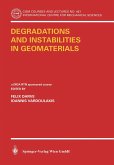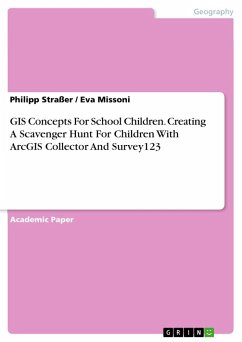Academic Paper from the year 2019 in the subject Earth Science / Geography - General, Basics, grade: A, , language: English, abstract: This paper discusses the application of the k-means clustering method to analyze the behavior of gold, arsenic, and antimony elements in a specific geological area in Isfahan province, Iran. The area under investigation has a diverse stratigraphy ranging from Precambrian to Quaternary rocks and is located in the Central Iran zone. Due to the presence of gold mineralization indicators in this region, it's essential to identify key mineral zones and assess the relationship between gold, arsenic, and antimony elements in order to estimate the geochemical halos and the grade.The k-means method is employed in this study to cluster data points and identify similarities between them. By minimizing the Euclidean distances between data points and their assigned cluster centers, the method aids in clustering the elements effectively. The study also uses clustering quality functions and the utility rate of the sample in the desired cluster to determine the optimal number of clusters.In recent years, the accurate estimation of mineral tonnage has become crucial for mineral projects, leading to the development of various methods for grade estimation, including geometric and geostatistical approaches. The k-means clustering method is introduced as a novel approach for estimating the grade of mineral elements.Cluster analysis is widely used in the earth sciences, connecting observations with similarities and assisting in the identification of patterns. It is particularly useful when there is limited prior information about the data's internal structure. K-means clustering is an exclusive and widely studied method used for grouping samples into k classes, aiming to minimize the total Euclidean distances of each sample from their assigned class center.This method has various applications in geological terrain division, vegetation effect classification, geochemical pattern presentation, and more. In this article, it is applied to understand the behavior of gold, arsenic, and antimony elements in the geological area, and the results are utilized to estimate the gold grade. The analysis is carried out using MATLAB and SPSS software, based on data collected from drainage sediments in the region.
Hinweis: Dieser Artikel kann nur an eine deutsche Lieferadresse ausgeliefert werden.
Hinweis: Dieser Artikel kann nur an eine deutsche Lieferadresse ausgeliefert werden.

